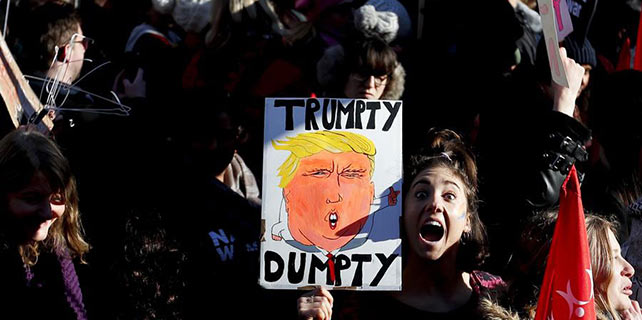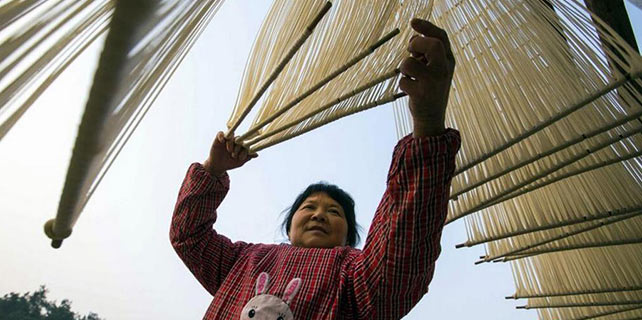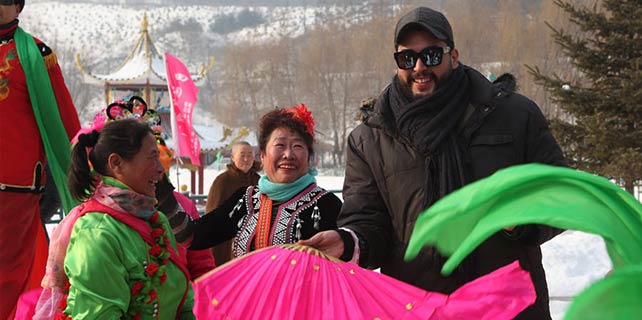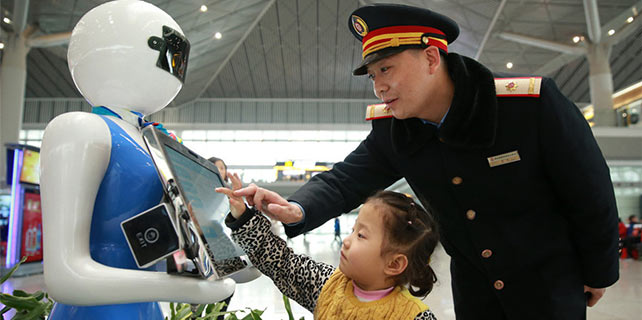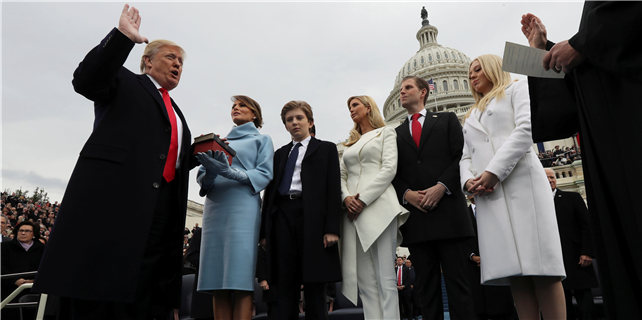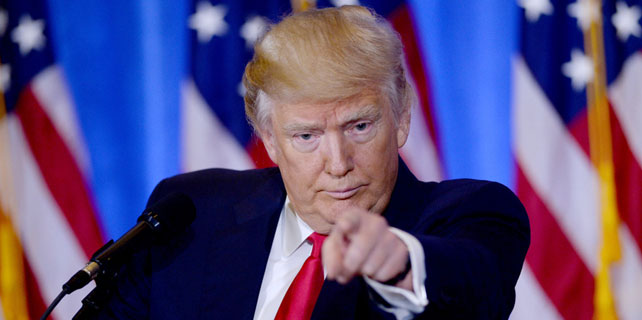Signs of solutions loom in Syria with fresh int'l approach in Astana
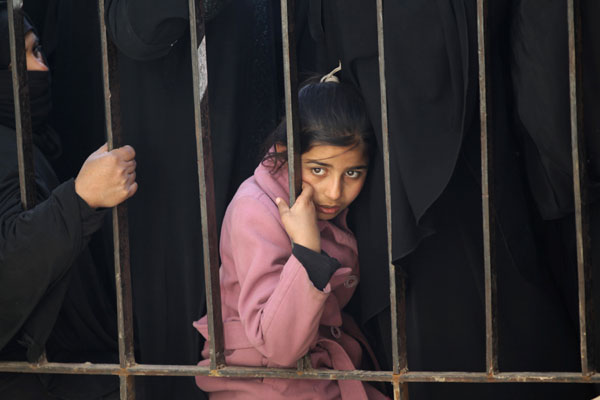 |
|
An Internally displaced refugee girl from al-Bab town waits to receive food aid in Ekhtreen town, northern Aleppo countryside, Syria January 21, 2017. [Photo/Agencies] |
Resolving the conflict in Syria has been the priority of Russia since it intervened to help the government forces of President Bashar al-Assad in 2015.
"Their aim wasn't to sink in the quagmire of the Syria war, but to get things done quickly and find a solution," Ashqar said.
He added that the Russians have reserved their interest in Syria, citing the fact that Russia will have a permanent base in the coastal cities of Tartus and Latakia for the next 49 years.
On Friday, Russia signed a long-term agreement to greatly enlarge its military presence in Syria.
The agreement will see Russia doubling space of warships in the Tartus naval base, and also in the Hmaimim airbase in the coastal city of Latakia.
The agreement ensures Russia's ability to deploy forces in Syria for the next half-century.
As for Turkey, Ankara has felt the pinch when the Kurds in Syria started growing influence and explicitly voicing their goal to achieve an autonomy in northern Syria near the Turkish borders.
Moreover, several bombing rocked Turkey, which Ankara blamed either on the Kurdish Workers Party (PKK), which it deems terrorist, or on IS.
Now that the fire reached Turkey, Ankara had to join force with Russia to protect itself, while maintaining its interest in the Syrian cake.
The rebels it's backing have already made notable gains against the Kurdish-backed groups in northern Syria and the IS, and securing the borders from any Kurdish expansion.
Moreover, the Astana talks have excluded the Kurdish-backed Syrian Democratic Forces (SDF).
In a statement on Saturday, the SDF said it will not abide by the decisions that would come out from Astana.
It said the exclusion is a "flagrant violation to the rights of the forces in the SDF and violation to their rights and sacrifices."
Analysts in Syria said that the Kurdish paper was among the agreements between Russia and Turkey.
"Since the Kurdish influence was growing, we knew that they will be the ones to pay the price in any negotiations, as their exclusion and limitation will be Ankara's demand to be part in ending the conflict in Syria," Kinda Maryia, a Syrian journalist, told Xinhua.




